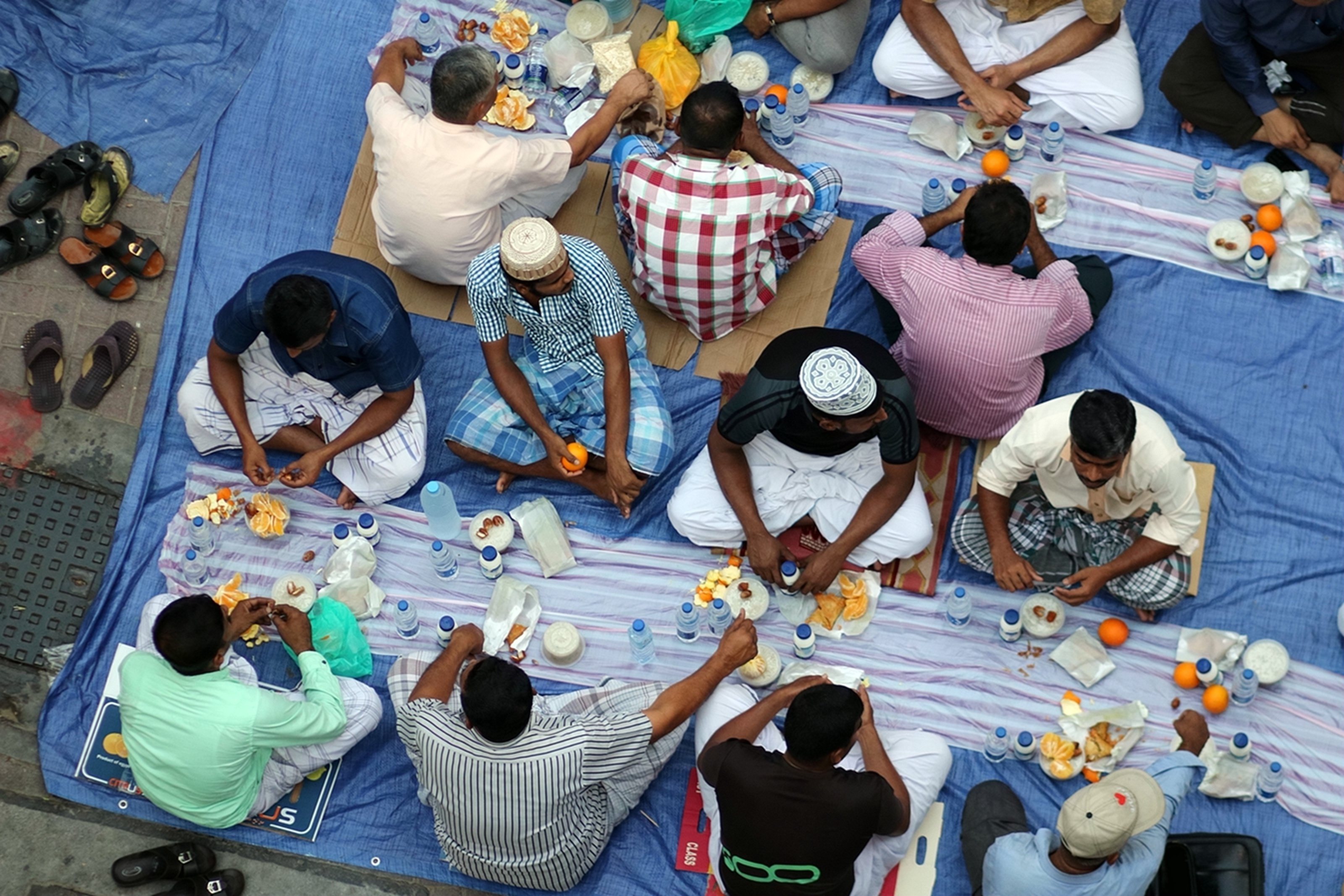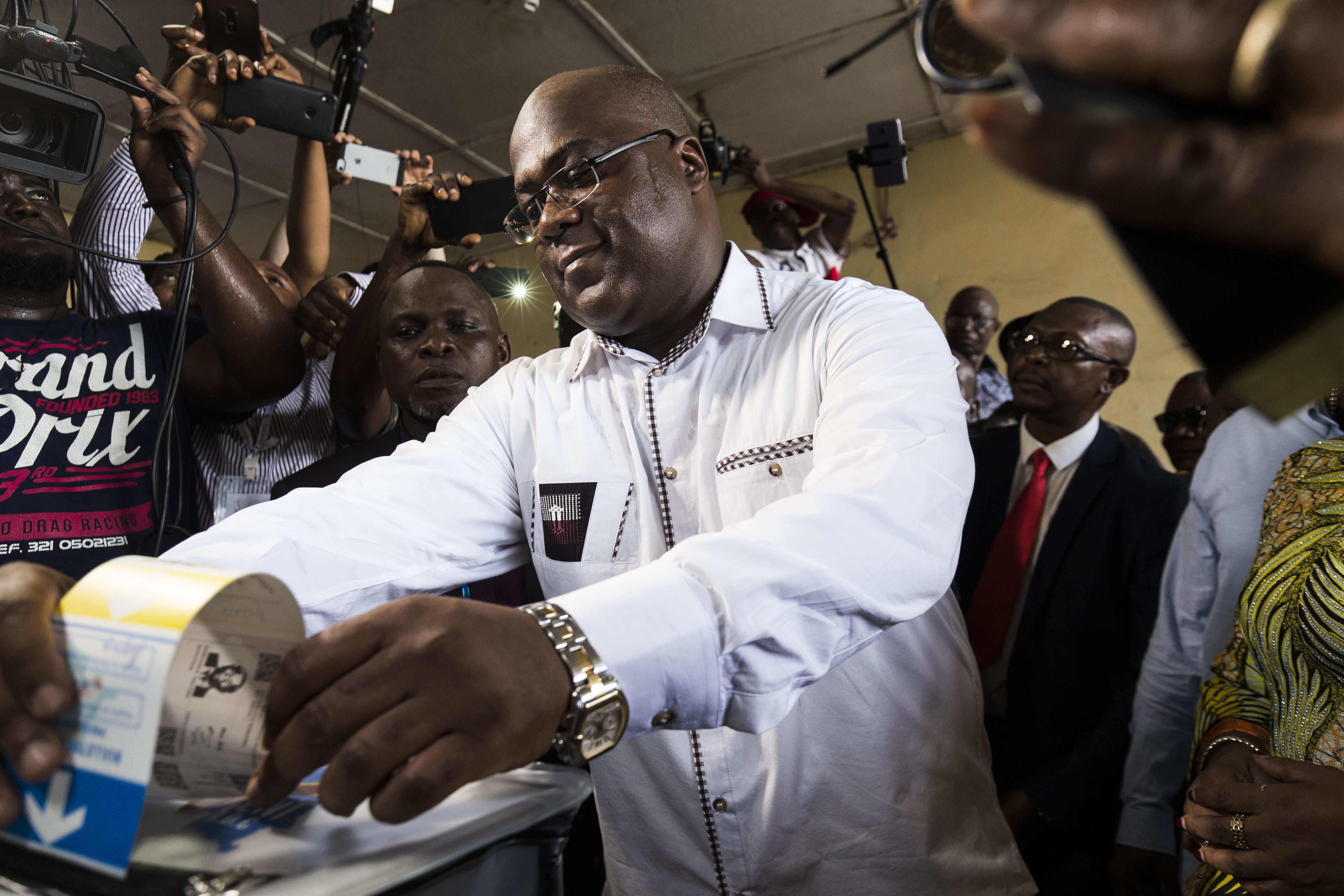The Catholic Bishops’ Conference of the Democratic Republic of Congo has called on the country’s electoral commission to release its records in order to “dispel doubt among the population” as the results of the presidential contest continue to be contested.
On 10 January, it was announced that opposition candidate Felix Tshisekedi had won the presidency, defeating president Joseph Kabila’s candidate, Emmanuel Shadary, and opposition frontrunner Martin Fayulu.
Fayulu, who was widely expected to win the 30 December presidential election, claims he won the vote by a landslide and, on 12 January, filed an appeal in the Constitutional Court demanding a manual recount of votes cast.
The Catholic Church has rejected the presidential election results, saying in a statement that they “do not correspond to the data collected by our observation mission from the polling and counting stations."
The church has not revealed who won according to its findings.
In comments to the UN Security Council via video link on 11 January, the president of the electoral commission (CENI) defended the vote’s credibility and attacked the church.
“I’d be very interested to know what party they work for,” said Corneille Nangaa. “I challenge anyone to say they have the pretension to have collected all the vote tallies.”
CENCO, in response, clarified that it is an independent body and called on CENI to release its records to allow for verification and “dispel doubt among the population”.
At least nine people have been killed and many more injured since the announcement of the result. Scores of protestors, most of them supporters of Fayulu, have been arrested in clashes with police.
The country's bishops urged "everyone to show civic maturity" and to avoid any violence.
On 13 January, the southern African regional body, SADC, said it supported Mr Fayulu’s call for a vote recount.
Chair of SADC's Politics, Defence and Security department and Zambian President, Edgar Lungu, said that he and other regional leaders felt the best way forward was a negotiated political settlement and a government of national unity. Mr Lungu cited examples of similar deals in Zimbabwe and Kenya.
The results come after nearly two weeks of speculation and reports of irregularities in the 30 December vote. If deemed legitimate, it would be the country's first democratic transition of power since it gained independence from Belgium in 1960.



 Loading ...
Loading ...